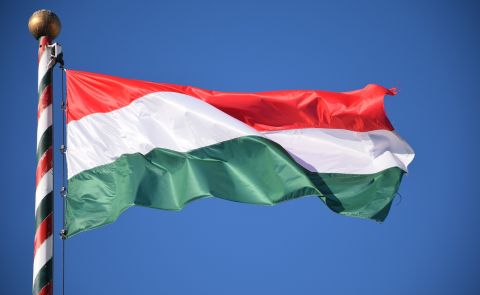
Nagorno-Karabakh: latest developments
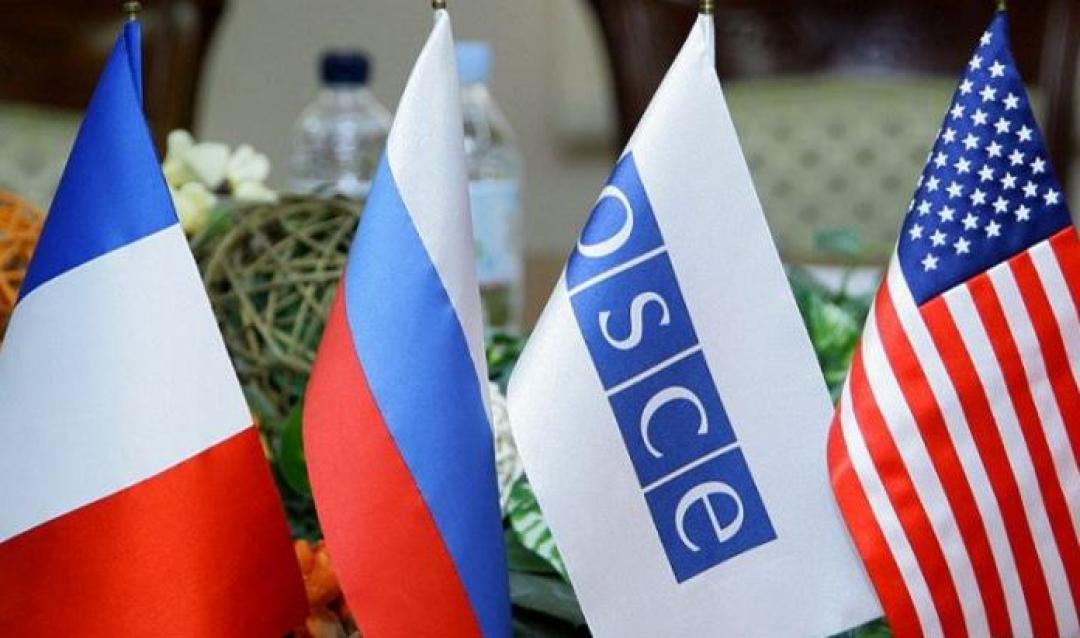
On 19 November, Russia’s Foreign Minister Sergey Lavrov met with the Co-Chairs of the OSCE Minsk Group Igor Popov (Russia), Stéphane Visconti (France) and Andrew Schofer (the U.S.), as well as Personal Representative of the OSCE Chairperson-in-Office Andrzej Kasprzyk in order to discuss the Nagorno-Karabakh issue. During the consultations, the parties discussed the situation in and around Nagorno-Karabakh after the ceasefire agreement, as well as the coordination of further mediation efforts of the three countries.
After the meeting, Lavrov emphasised that the issue on ceasefire was solved with the US and France. “I believe the US was involved in the solution to the issue. The position of the three co-chairing countries of the OSCE Minsk Group (US, Russia and France), which the countries’ leaders, ministers and special representatives have expressed several times before the signing of the statement on November 9, has favoured the immediate cessation of bloodshed and the development of a ceasefire control mechanism, and this has politically and psychologically impacted the situation,” Lavrov said. According to him, though the calls did not materialise at that time, they played an important political role for creating an atmosphere where the sides could finally reach an agreement due to the efforts of the Russian President. “In a situation when it was a matter of minutes in literal sense, where each minute had a value of a human life, could [we have called] Washington, Paris to know if they would support some particular formulations?’’ Lavrov added.
The Director of Russia’s Foreign Intelligence Service (SVR) Sergey Naryshkin stated that the US and its NATO allies are trying to stir up discord between the peoples of Azerbaijan and Armenia. “The leading NATO countries are trying to hide their irritation with the agreement reached with the active participation of Russia by Azerbaijan and Armenia on a ceasefire in Nagorno-Karabakh. The US and its allies are annoyed that the war was stopped with the mediation of Moscow. After all, this, in fact, nullified their many years of work to oust Russia from the South Caucasus. According to the information we have, some Western countries, through the available channels, provoke Armenian and Azerbaijani nationalists to discredit and break the ceasefire agreement. They are trying to convince Armenians that peace in Nagorno-Karabakh is Yerevan's defeat. The idea of the necessity of “war to the bitter end” is thrown in. Azerbaijanis, on the other hand, are told that the Kremlin “stole victory from them” when the Azerbaijani Army was one step away from taking Stepanakert/Khankandi,” stated Naryshkin.
The spokesperson of Russia’s Ministry of Foreign Affairs Maria Zakharova stated that Russia is in constant contact with Armenian and Azerbaijani authorities to ensure “unconditional fulfilment of the agreement”. She said that humanitarian issues require priority solutions at the moment. “In the future, we plan to cooperate with the OSCE, with specialized international organisations, such as the International Committee of the Red Cross, the Office of the UN High Commissioner for Refugees, the Office of the UN High Commissioner for Human Rights, UNESCO,” she clarified. Zakharova also emphasised that to this day the Armenian and Azerbaijani sides have exchanged 385 bodies of those killed during the conflict and that more than 3,000 people returned to their homes and that the preservation of shrines was particularly important. However, Zakharova also said that the population in the Kalbajar region was leaving for Armenia en masse. It was also reported that the population of the villages of the Aghdam region were setting their houses on fire.
In the meantime, it was reported that the French Senate made a decision to put to a vote the draft resolution “On the Need to Recognise Nagorno Karabakh,” which was signed by the heads of the 5 largest political factions of the Senate.
The European Union (EU) released a statement where it welcomed the cessation of hostilities in and around Nagorno-Karabakh and called all parties to continue to strictly respect the ceasefire to prevent further loss of life. The EU urged all regional actors to refrain from any actions or rhetoric that could jeopardise the ceasefire and for the full and prompt withdrawal of all foreign fighters from the region. “The cessation of hostilities is only a first step to end the long-standing Nagorno-Karabakh conflict. The EU considers that efforts must be renewed for a negotiated, comprehensive and sustainable settlement of the conflict, including on the status of Nagorno-Karabakh. The EU therefore reiterates its full support to the international format of the OSCE Minsk Group led by its Co-Chairs and to the Personal Representative of the OSCE Chairperson-in-Office to pursue this objective,” read the statement.
The EU Commission also announced an additional €3 million in humanitarian support to ensure critical assistance to the civilians most affected by the conflict in and around Nagorno Karabakh, on top of €900,000 allocated since early October when the hostilities started. "The EU continues to stand by all the civilian population affected by the conflict. We are sending additional humanitarian assistance. I welcome the cessation of hostilities, which should prevent further human suffering. Nevertheless, I am extremely concerned about the humanitarian situation of the vulnerable people who are displaced and will have to face harsh winter conditions coupled with the impact of the coronavirus pandemic,” stated the EU Commissioner for Crisis Management, Janez Lenarcic.
Meanwhile, some Armenian officials denied the comments of Russia’s President Vladimir Putin’s assertion that Prime Minister Nikol Pashinyan would have prevented significant Armenian territorial losses in Nagorno-Karabakh had he accepted Azerbaijan’s terms of a ceasefire set three weeks before the end of the war (Caucasus Watch reported). Two senior lawmakers representing Pashinyan’s My Step bloc confirmed that a truce accord cited by Putin was offered to Armenia last month. But they both insisted that its acceptance by Yerevan and the resulting return of refugees to Shusha would have also restored Azerbaijani control over the strategically important town.
See Also


Energy Sector Milestones: Armenia Advances Key Power Infrastructure
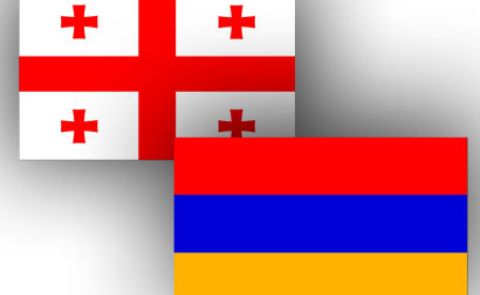
Armenia Temporarily Halts Brandy Exports Amid Georgian Border Congestion
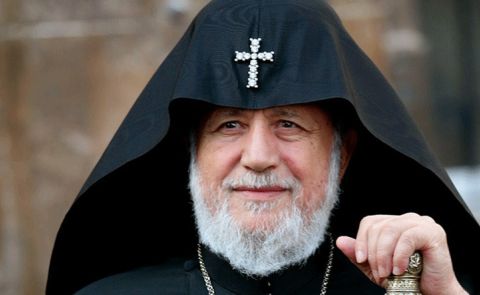
Political and Religious Conflict Intensifies Over Armenian Apostolic Church Leadership
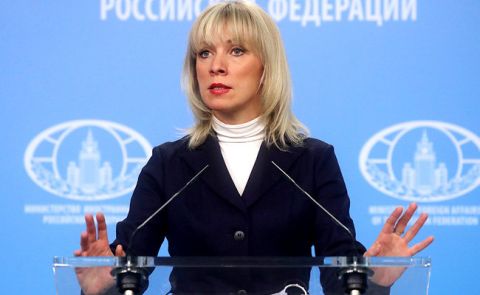
Maria Zakharova Warns Azerbaijan to Respect Russia’s Sensitivities on NATO Expansion, Criticizes EU Mission in Armenia
